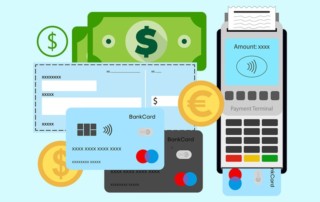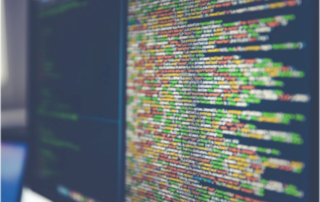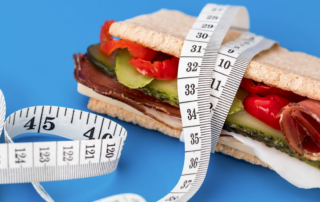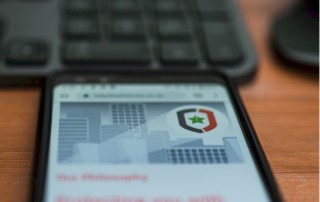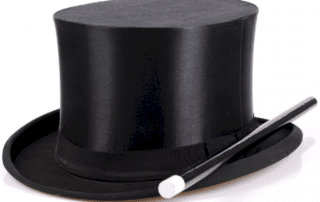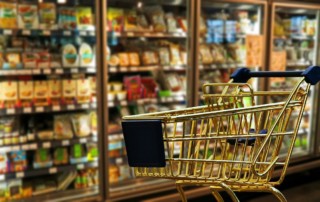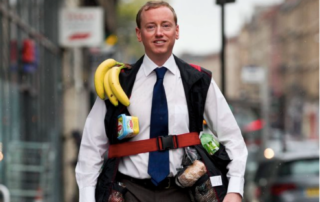The Behavioral Economics of Payment Methods
There have never been more options to choose from when paying. Under conventional Economics assumptions, this should not make a difference in either decision-making or outcomes. According to behavioral economics, however, the payment method chosen does impact (financial) decision-making and its possible outcomes. In this article we dive into the impact a payment method can have on financial decision-making.


